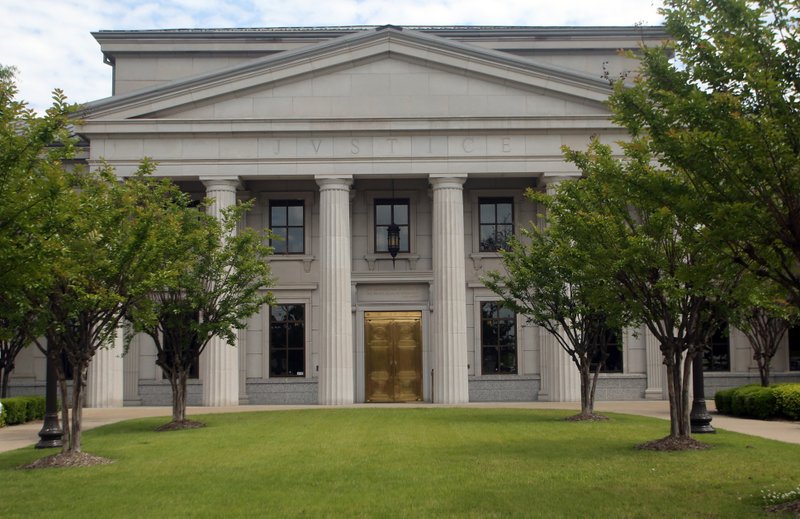The Arkansas Supreme Court has reversed a circuit court decision that required the Arkansas Department of Transportation to pay more than $18 million in attorneys’ fees.
The fees were related to a lawsuit filed earlier this year by a group of taxpayers who successfully challenged the agency’s spending on two major road construction projects.
The fees had been awarded to law firm Denton & Zachary PLLC.
Also, on cross-appeal, the high court affirmed the circuit court’s denial of the law firm’s motion for contempt against the Department of Transportation.
“In sum, we hold that, in the absence of express statutory authority, the circuit court abused its discretion in awarding $18.16 million in attorneys’ fees and costs to Denton & Zachary,” Chief Justice John Dan Kemp wrote in the court’s opinion. “While we commend the attorneys at Denton & Zachary for bringing an illegal-exaction suit to correct the Department’s allocation of funds, we nevertheless hold that no basis exists for the award of $18.16 million in attorneys’ fees and costs. Accordingly, we reverse on this point.”
[DOCUMENT: Arkansas Supreme Court opinion » arkansasonline.com/121supr/]
The Department of Transportation argued in a brief earlier this year that “winning an illegal exaction lawsuit should not be the equivalent of winning the lottery for the taxpayers’ lawyers.”
Pulaski County Circuit Judge Chip Welch ruled from the bench in May that the legal team, led by Joe Denton and Justin Zachary, should receive 15% of the $121,109,391.84 the Department of Transportation was required to return to the so-called Amendment 91 fund -- or $18,160,000.
Denton & Zachary PLLC represents a group of taxpayers who sued the department and other defendants in November 2018 for wrongfully spending proceeds from a 0.05% sales tax. The tax was authorized by Amendment 91 to the Arkansas Constitution, which was approved by voters in 2012 and included a four-lane limit on projects the tax would fund. The two projects in question exceeded that limit.
Zachary said during oral arguments in September the question deserves to be looked at by the Supreme Court because allowing the state to use sovereign immunity in this instance will discourage other lawyers from taking such cases.
“If the people of this state don’t have the ability to hire a private lawyer, then they aren’t going to be able to bring these suits,” he said. “It would be a discouragement.”
